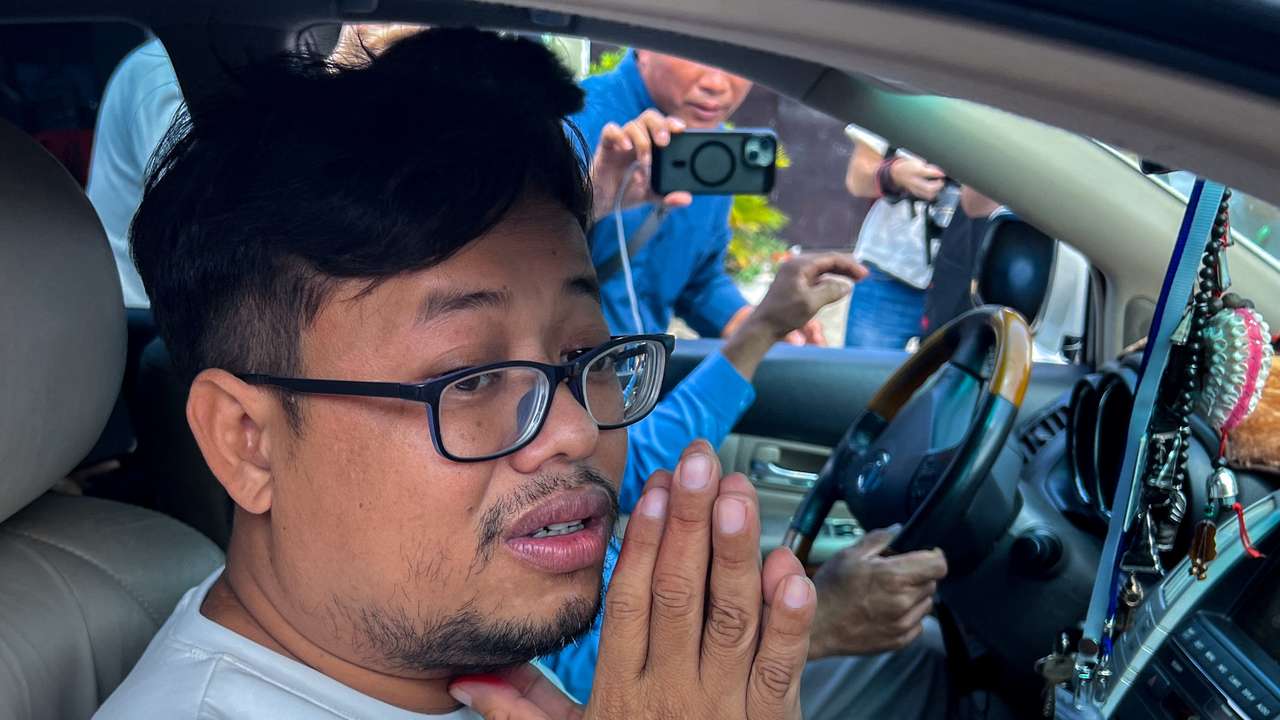Prominent Cambodian reporter quits after arrest, torturous detention: Video

Mech Dara, an award-winning Cambodian journalist, who was tortured in police custody has announced his decision to quit journalism.
Dara, known for his courageous reporting on cyber scams and human trafficking, revealed that his arrest and subsequent imprisonment have left him without the courage to continue his work.
Mech Dara was arrested on September 30, 2024, on charges of inciting social disorder.
His arrest was linked to several social media posts that authorities claimed contained false information and were harmful to Cambodia and its leaders.
During his detention, Dara was subjected to intense interrogation and was reportedly forced to apologise publicly.
On October 23, 2024, a pro-government media outlet released a video of Dara in prison, where he apologised to former Prime Minister Hun Sen and his son, current Prime Minister Hun Manet.
In the video, Dara admitted to posting false information and promised not to do so in the future.
This experience, he said, has severely impacted his spirit and resolve.
"After my experience from the arrest -from the questioning and then being in the prison- it really , really crushed my soul, the soul that is always with me like no matter what is happening, I continue to report. But the spirit or soul is not with me anymore," Dara told AFP
Mech Dara's reporting has been instrumental in uncovering cyber scams and human trafficking operations in Cambodia.
His work has appeared in various international news outlets, and he was previously associated with the independent Voice of Democracy in Cambodia, which was shut down by authorities in February 2023.
In 2023, he received a Hero Award from U.S. Secretary of State Antony Blinken for his investigations into human trafficking and forced criminality. This recognition highlighted the significant impact of his reporting on improving government responses to these issues.
Cambodia's constitution and the 1995 Press Law theoretically protect press freedom. However, these protections are often undermined by other laws and practices that restrict journalistic activities.
The application of criminal laws against journalists, including charges of defamation, incitement, and spreading false information, has created an environment of fear and self-censorship.
Media ownership in Cambodia is highly concentrated, with many outlets owned or controlled by individuals with close ties to the government.
This lack of media pluralism limits the diversity of viewpoints available to the public and often results in biased reporting that favours the government.